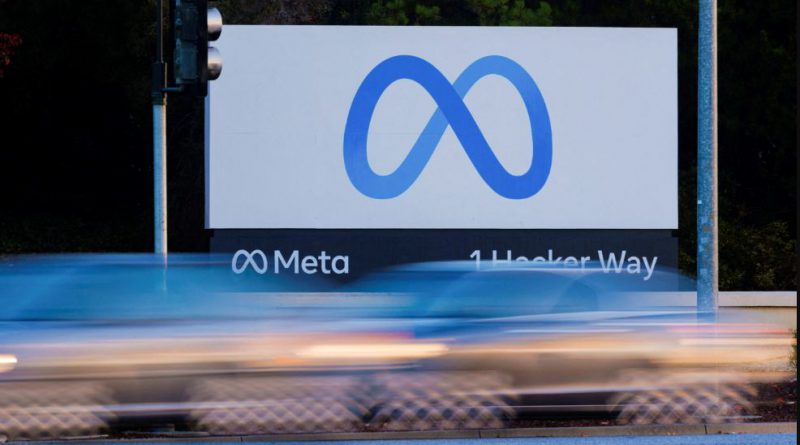Australia fines Facebook owner Meta $14 mln for undisclosed data collection
Sydney (Reuters) – An Australian court ordered Facebook owner Meta Platforms (META.O) to pay fines totalling A$20 million ($14 million) for collecting user data through a smartphone application advertised as a way to protect privacy without disclosing its actions.
Australia’s Federal Court also ordered Meta, through its subsidiaries Facebook Israel and the now-discontinued app, Onavo, to pay A$400,000 in legal costs to the Australian Competition and Consumer Commission (ACCC), which brought the civil lawsuit.
The fine wraps up one strand of Meta’s legal issues in Australia related to its handling of user information since a global scandal erupted over its use of data analytics firm Cambridge Analytica in the 2016 U.S. election.
Meta still faces a civil court action by Australia’s Office of the Information Commissioner over its dealings with Cambridge Analytica in Australia.
Wednesday’s judgment was in relation to a virtual private network (VPN) service the company then called Facebook offered from early 2016 to late 2017, Onavo, which it advertised as a way to keep personal information safe. VPNs obscure an internet user’s identity by giving their computer a different online address.
However, Facebook used Onavo to collect users’ location, time and frequency using other smartphone apps, and websites they visited for its own advertising purposes, the judge Wendy Abraham said in a written judgment.
“The failure to make sufficient disclosures … may have deprived tens of thousands of Australian consumers of the opportunity to make an informed choice about the collection and use of their data before downloading and/or using Onavo Protect,” Abraham wrote.
She added that the court could have fined Meta hundreds of billions of dollars since Australians downloaded the app 271,220 times and each breach of consumer law carried a A$1.1 million fine, but “the contraventions can be characterised as a single course of conduct”.
The fine was agreed by both sides but “carries with it a sufficient sting to ensure that the penalty amount is not such as to be regarded … as simply an acceptable cost of doing business”, she wrote.
Meta, which made global revenues of $116 billion last year, said in a statement the ACCC had acknowledged it never sought to mislead customers, and “over the last several years we have built tools to give people more transparency and control over how their data is used”.
In a statement, ACCC Chair Gina Cass-Gottlieb said Australian consumers should be able to make an informed choice about what happens to their data based on clear information.


